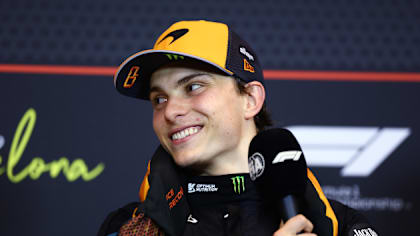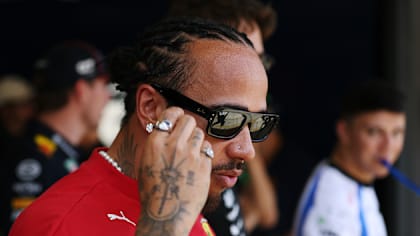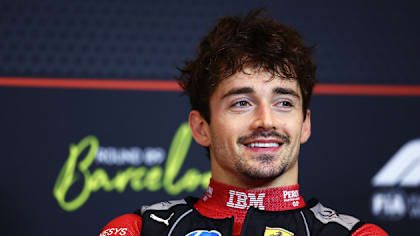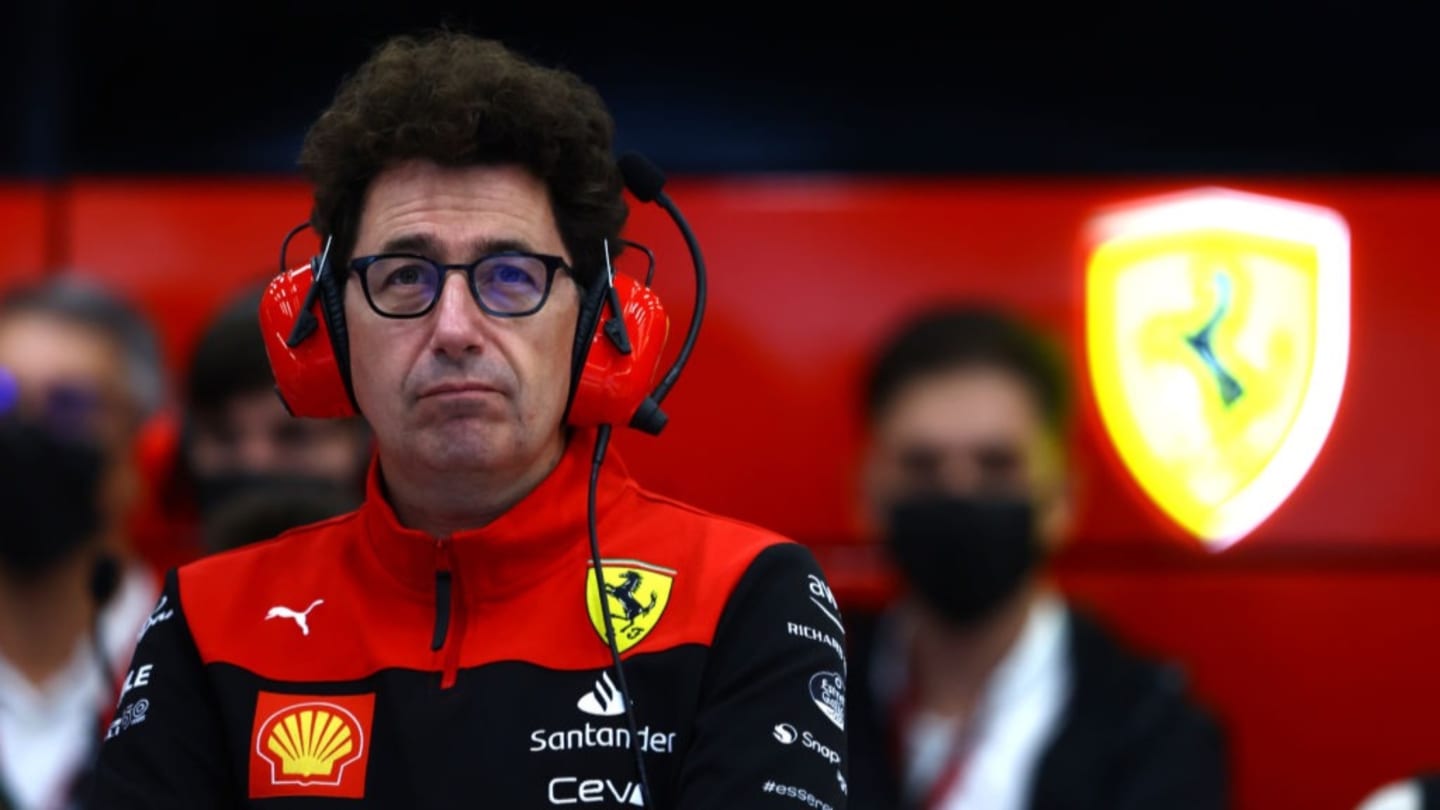
Feature
ANALYSIS: Why Binotto's gone now, what’s next for him – and who will replace him at Ferrari
Share

After rumours swirled about his future over the last couple of weeks, Ferrari confirmed on Tuesday that Mattia Binotto will leave his role as Team Principal at the end of the year. After speaking to multiple sources, F1 Correspondent Lawrence Barretto looks at why he’s gone, who might replace him, and what’s next for Binotto…
Ferrari’s goal at the start of this campaign was to use the revolutionary new technical regulations to catapult them back into a position of winning races and fighting at the sharp end of the field.
READ MORE: Ferrari confirm Mattia Binotto has resigned as Team Principal
Led by Binotto, the Italian team achieved this feat. They won four Grands Prix, took 12 pole positions and 20 podiums. They started the year with the fastest car – and while their championship challenge faded as they struggled with unreliability and strategic errors, with their development curve tailing off, they still secured second in both drivers’ and constructors’ championships – a marked improvement on 2021.
But just over a week after the conclusion of the championship, Binotto said he was leaving the company he has dedicated the last 28 years of his career to – starting as an engineer and rising to the top job – when Ferrari stand on the brink of achieving their goal of becoming world champions once again.
Why did Ferrari remove Binotto now?
It seems there are a multitude of reasons.
When Ferrari CEO Louis Camilleri retired from his position with immediate effect in December 2020, Binotto’s position – sources say – was weakened.
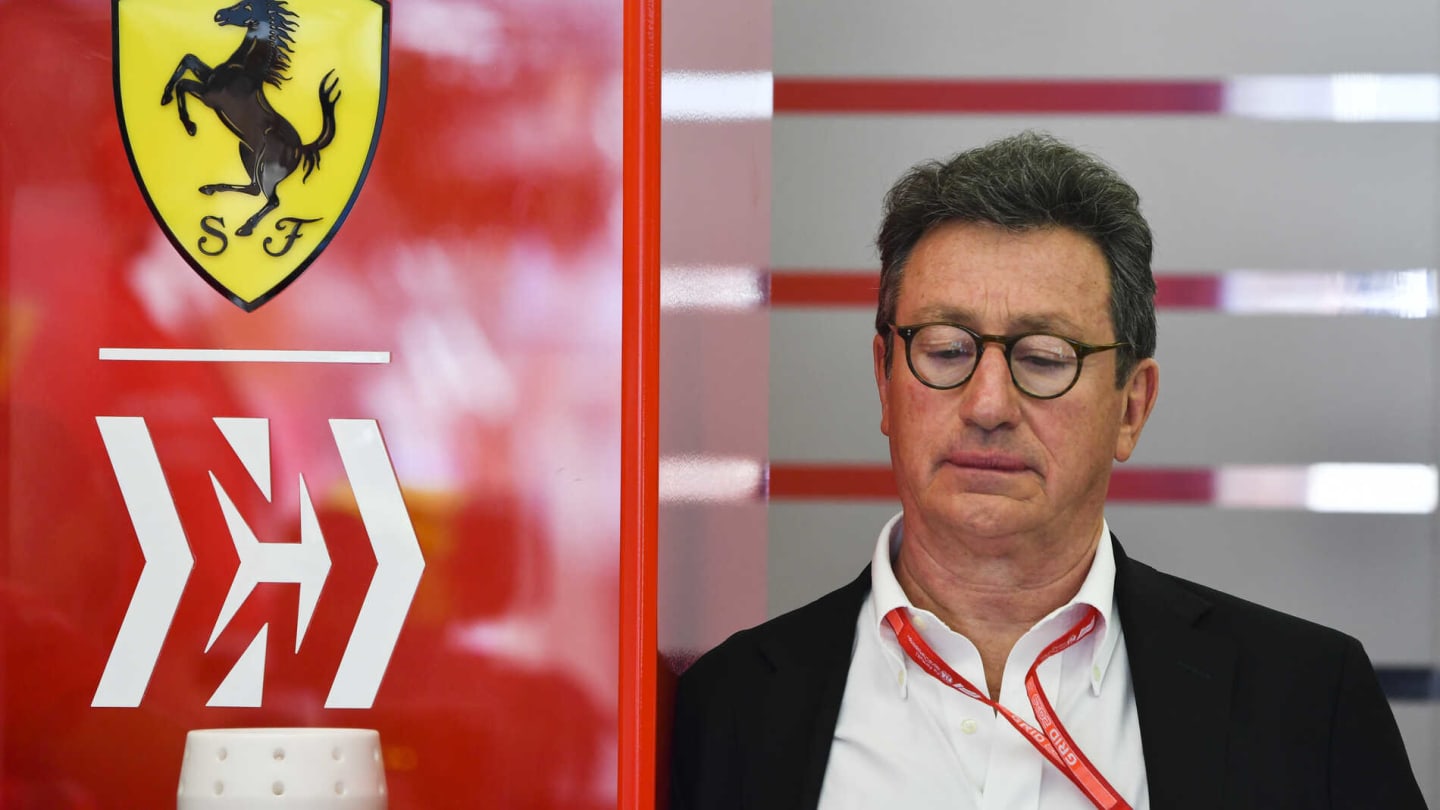
Former Ferrari CEO Louis Camilleri was a big supporter of Binotto
Camillieri, and his predecessor Sergio Marchionne, were big supporters of Binotto. They believed in his abilities and backed him to turn Ferrari’s fortunes around.
They understood the challenges of Formula 1 – and that it would take time for Binotto to put a structure in place to deliver a sustained period of success. They could protect him internally and externally – allowing him to focus on the job.
When Camillieri left, Binotto found himself somewhat alone. Without that support – and with the biggest job in Formula 1 – the pressure grew.
He cracked on with the path he believed was the right one. He focused on ridding the company of a blame culture that had long hampered Ferrari’s progress.
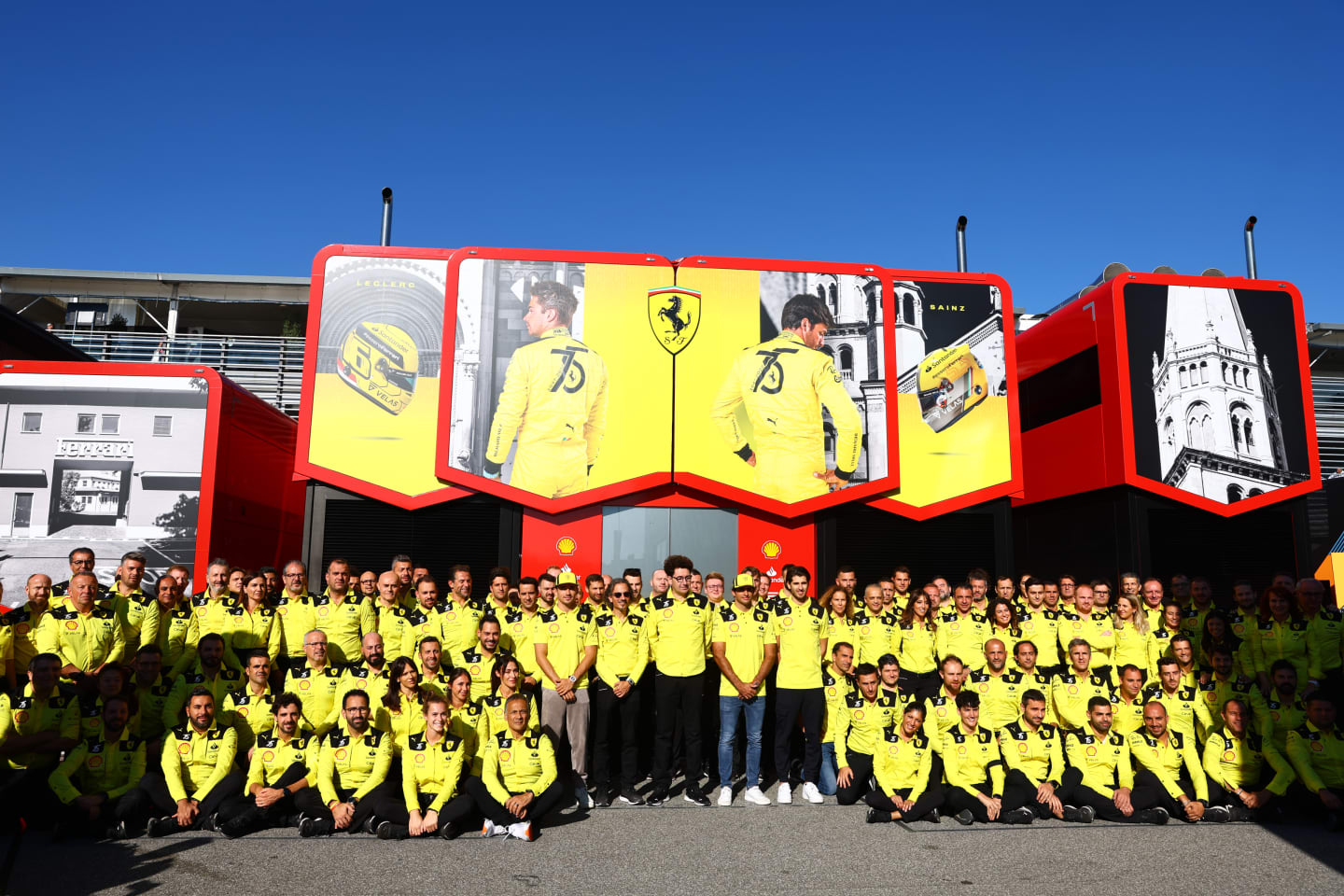
Binotto worked hard to foster a 'no blame' culture at Ferrari
The Italian never criticised the team publicly, instead choosing to discuss things privately. He would offer support internally rather than trying to scapegoat.
It meant that while there were some who were jealous of him, which is commonplace in sport and business when someone makes such progress up the company ladder, the majority believed in his vision and liked to work for him.
Under his leadership, Ferrari overhauled their windtunnel – which had long held them back in terms of development. He also signed off on the state-of-the-art simulator which is now the very best in Formula 1.
He also oversaw the huge progress on the power unit, which in 2020 was the worst of the four manufacturers – possibly as much as a second off the pace – but now a match for the class-leading Honda/Red Bull Powertrains unit.
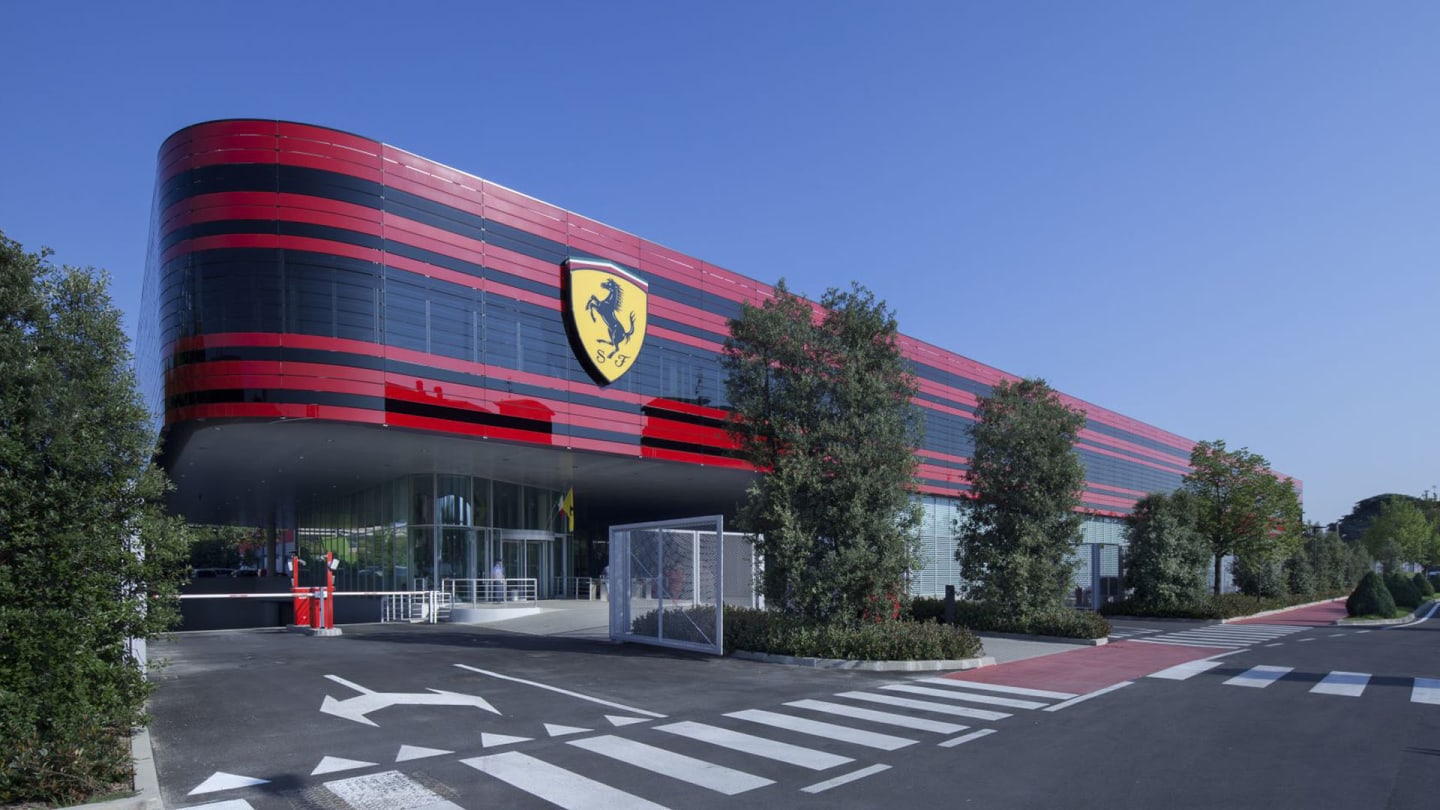
Binotto oversaw the creation of the best simulator in F1 at the team's Maranello base
But he did all this under immense strain. Binotto wasn’t perfect. He knows he made mistakes. The team suffered poor reliability this year and made a series of strategic errors. The development curve tailed off dramatically, allowing Red Bull to stretch ahead and Mercedes catch up at the end of the season.
However, heading to the season finale in Abu Dhabi – having had a call with Ferrari chairman John Elkann on the Wednesday before the race – Binotto believed his position was safe for now.
WATCH: Jolyon Palmer explains where the season was won and lost with his end-of-year review
Though he knew Ferrari were looking and speaking to candidates to replace him – though it is understood they never said this to him explicitly – he felt he would be given the chance to build on the progress of 2022 in 2023 and if he didn’t deliver the championship, maybe it would be the end of the road.
Ferrari’s statement that reports he would be replaced were “totally without foundation” only served to support his belief.
However, sources say on returning from Abu Dhabi, he was met with silence from Ferrari senior management. It became crystal clear to him then that his time was almost up. He chose to take control and resign.
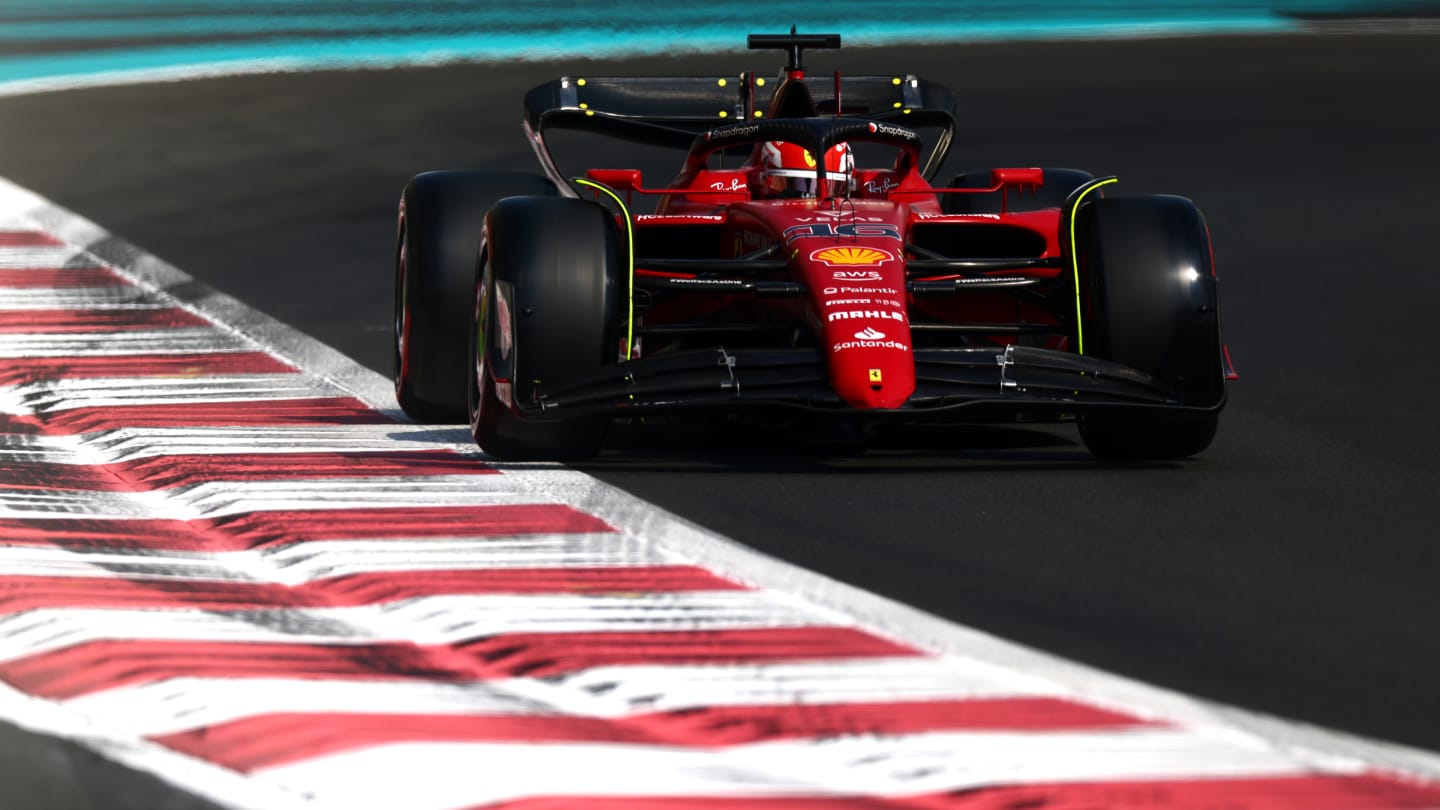
In what would turn out to be Binotto's last race at the helm, Leclerc secured P2 in the championship
Who will replace Binotto?
Sources say Ferrari’s senior management have been mulling Binotto’s replacement from as far back as the 2021 campaign.
They’ve considered several candidates – with Alfa Romeo boss Fred Vasseur emerging as the most likely option.
Vasseur has experience in a big organisation, having led Renault (now Alpine), and has played a key role in turning around Alfa Romeo’s performance and getting a deal over the line to make the team Audi’s factory squad from 2026.
ANALYSIS: Why Audi chose Sauber as partner for their F1 adventure
He’s a great manager, loves racing and has over 25 years of experience running motorsport operations. The Frenchman also has a strong relationship with Charles Leclerc, having given the Monegasque his F1 debut.

Vasseur knows Leclerc well, having handed the Monegasque his F1 debut
But the Ferrari job is the biggest in F1 – and possibly in all of sport – and thus will be the most significant challenge of Vasseur’s career to date by quite some margin should he take the job.
For anyone in motor sport, if Ferrari come calling it’s very hard to turn them down. It is therefore natural that Vasseur is tempted to take the position.
READ MORE: Prost vs Senna, Mansell vs Piquet and more – F1's fiercest team mate rivalries
While he would be expected to remain in charge at his current team when Audi join the fray in 2026, he will likely have reservations about how long that will last as the German manufacturer could choose to bring their own people in.
As yet, discussions are ongoing. Binotto remains in his position until the end of December. An announcement on the Italian’s replacement is not expected until the new year – and it remains unclear what Ferrari will do should Vasseur not take the role.
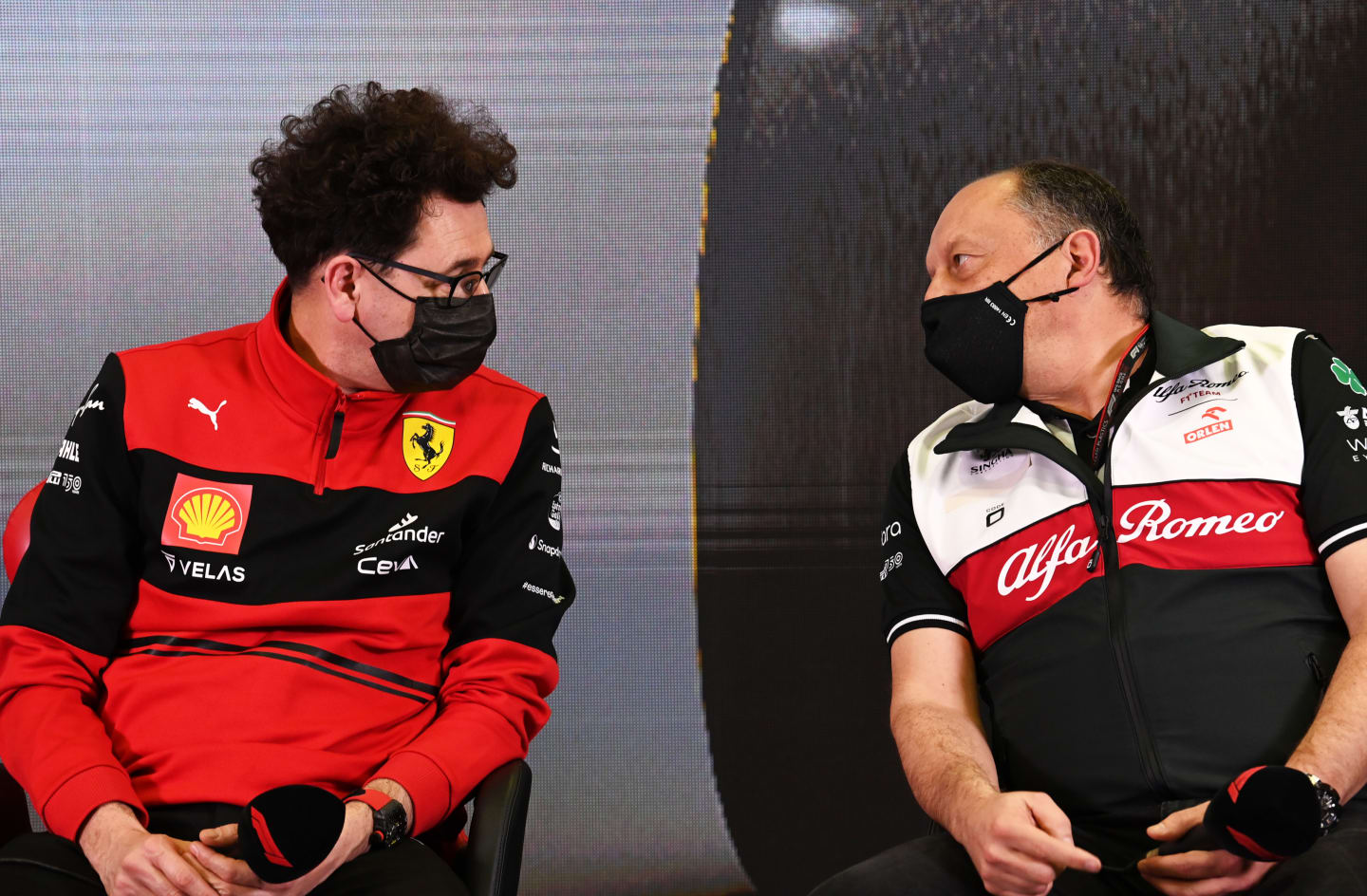
Alfa Romeo boss Fred Vasseur is favourite to take over at Ferrari
What next for Binotto?
Binotto will enter a period of gardening leave – the exact length of which is unclear but is likely to be more than six months.
Sources say there has already been interest in his services from multiple organisations, including operations within Formula 1.
WATCH: The drivers revisit their pre-season predictions for 2022 – but who got theirs right?
The likes of Alpine and Aston Martin have been mentioned. So, too, have Audi. The German manufacturer would benefit from Binotto’s extensive leadership and technical expertise as they ready themselves for their 2026 entry.
Binotto has shown that he can restructure a team efficiently and change the culture. His management of the dynamic between Leclerc and Carlos Sainz has been impressive.
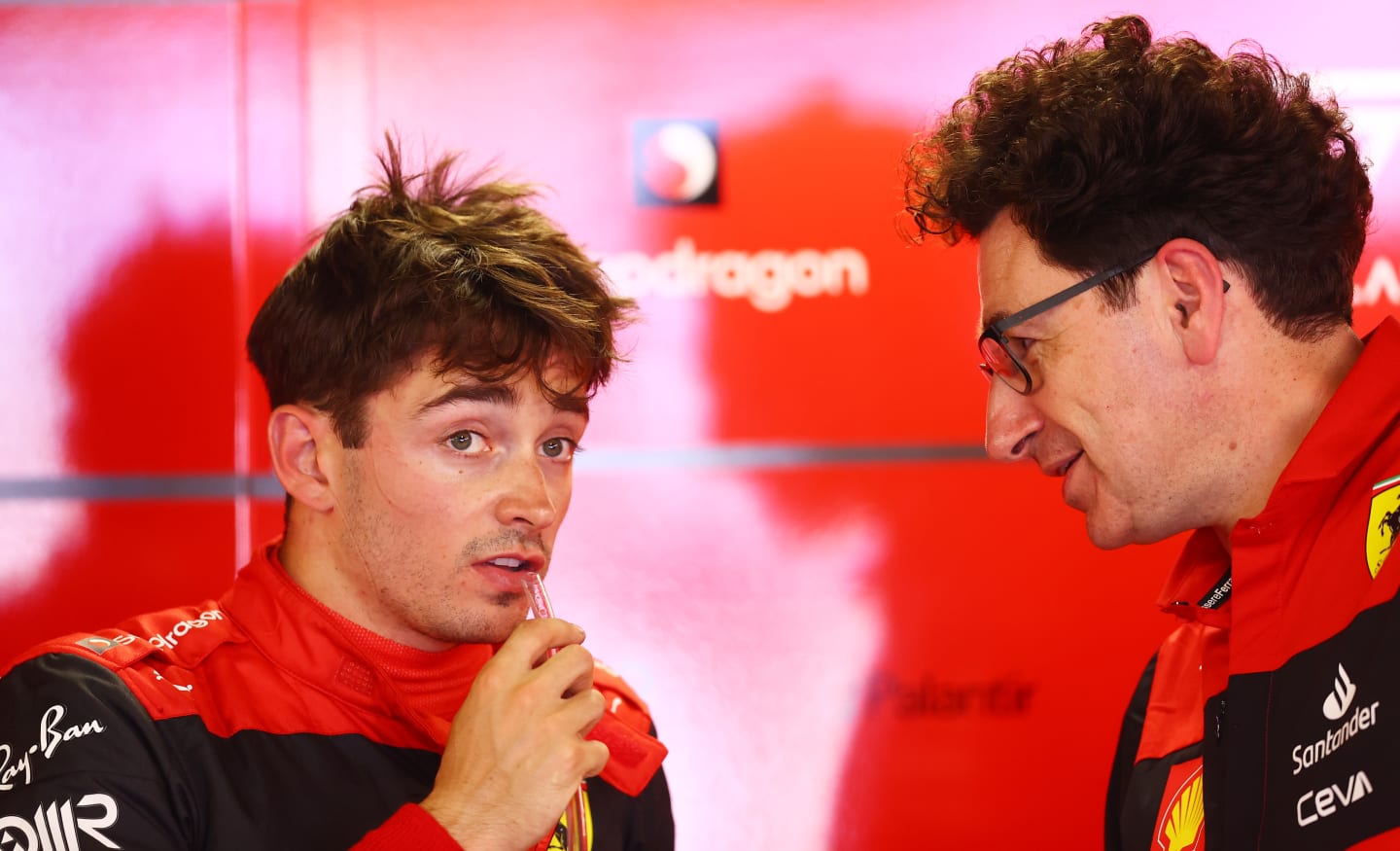
Binotto worked closely with drivers Charles Leclerc and Carlos Sainz
He’s not afraid to make tough decisions. It is believed that when Maurizio Arrivabene wanted to keep Kimi Raikkonen for 2019, Binotto was strong in his push to promote Leclerc – going against Ferrari’s long-held mindset of running experienced drivers.
Binotto also believed letting Sebastian Vettel go at the end of 2020 was the right call, as not only did he believe Leclerc could step up but he reckoned drafting Sainz in would make a formidable line-up that could set Ferrari up in the long-term.
Rival teams will have seen the job that he has done – and while he didn’t achieve the goal of winning the championship, he has a respectable track record and skillset that could be very useful to several teams.
Binotto just needs to decide what he wants to do next.
YOU MIGHT ALSO LIKE
News Piastri ‘proud’ to bounce back with victory in Spain as he hails ‘weekend I’ve been looking for’
News Downbeat Hamilton says he learned ‘absolutely nothing’ from triple header after tough run to P6 in Barcelona
News Leclerc ‘very happy’ with unexpected podium finish in Spain as he outlines clash with Verstappen

Video HIGHLIGHTS: Watch the action from the Spanish GP as Piastri wins while Verstappen and Russell collide

